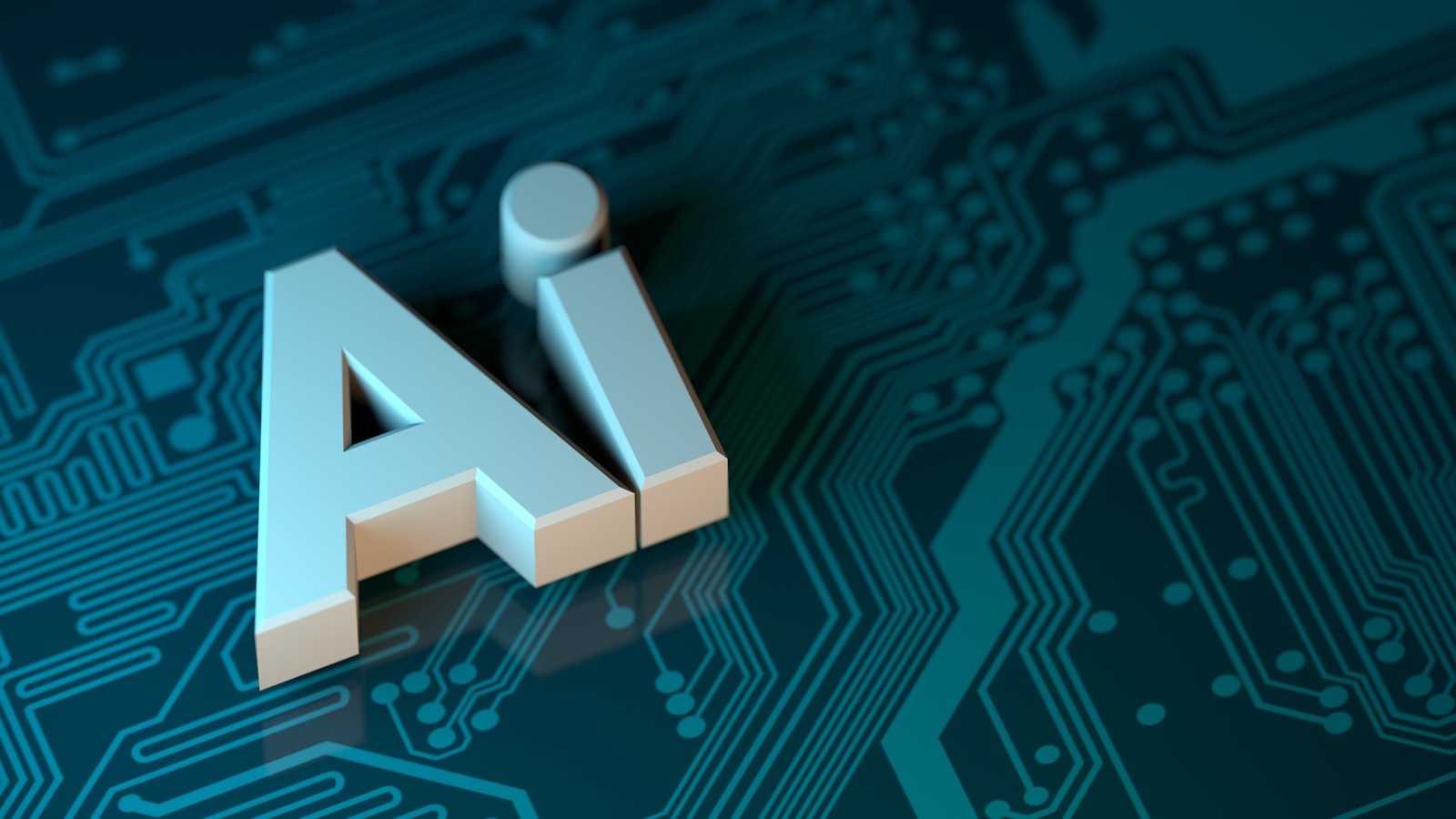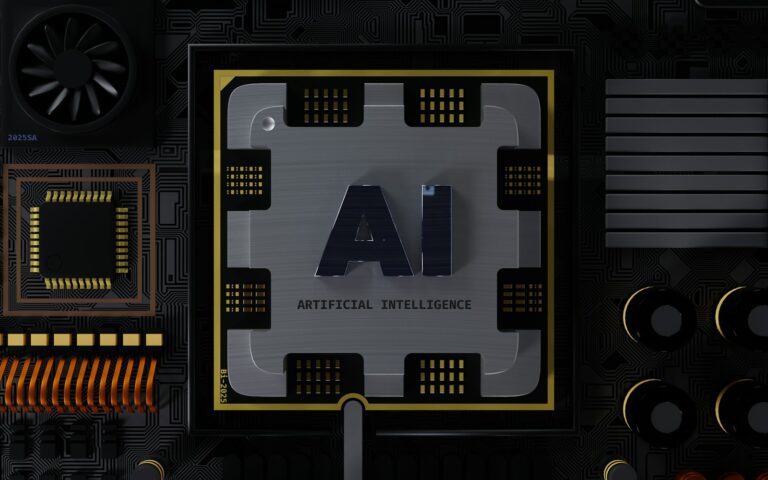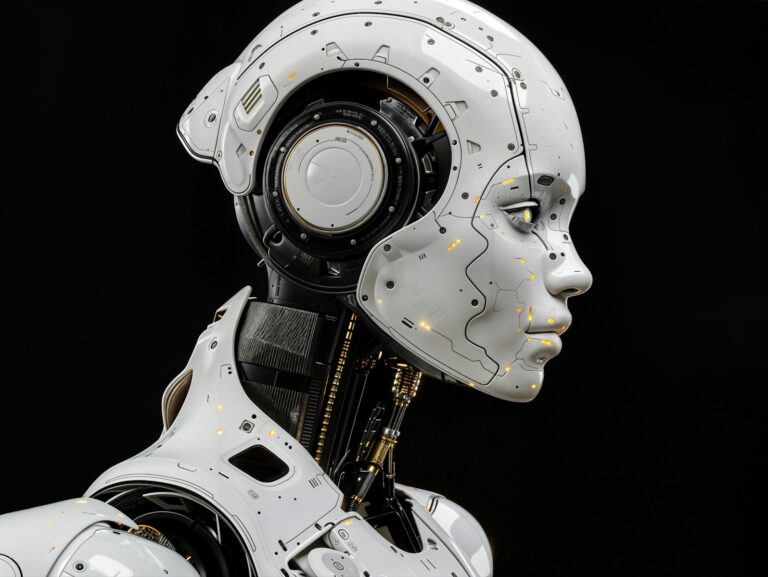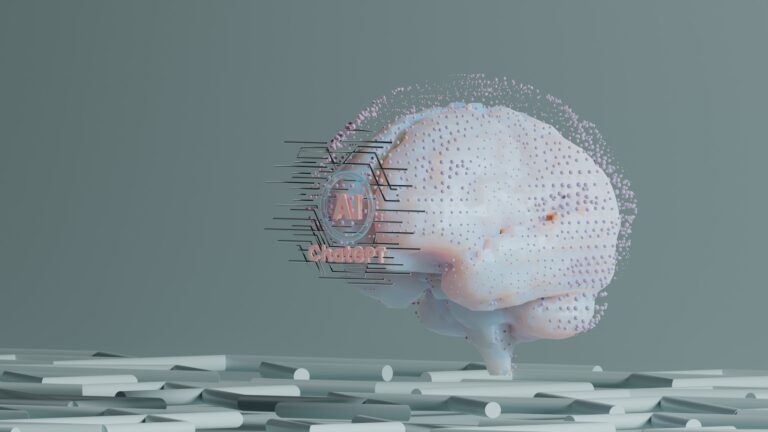
AI-Powered Education: Personalized Learning for Everyone
The Rise of AI in Education
Artificial Intelligence (AI) is transforming various sectors, and education is no exception. The integration of AI technologies into educational frameworks has opened new avenues for personalized learning experiences, allowing students to engage with content in ways that align with their individual learning styles. This evolution can be attributed to AI’s capabilities in data analysis, predictive modeling, and adaptive learning.
At its core, AI in education aims to tailor learning experiences to meet the unique needs of each student. With the use of algorithms and machine learning, educators can now create a more inclusive and effective learning environment. This technology is not just a trend; it is a fundamental shift that has the potential to redefine the way we think about teaching and learning.
Personalized Learning: The Heart of AI Education
Personalized learning leverages AI to create customized educational paths for students. By analyzing data such as performance metrics and learning behaviors, AI systems can identify strengths and weaknesses, enabling educators to deliver targeted content that suits individual needs. This approach not only enhances student engagement but also improves knowledge retention.
For instance, platforms like DreamBox Learning and Knewton utilize AI algorithms to adjust math lessons in real-time based on a student’s responses, ensuring that learners are challenged but not overwhelmed. These systems can even recommend supplementary resources tailored to each student’s interests and learning pace, fostering a more enriching educational experience.
Emerging Technologies Enhancing AI Education
In addition to personalized learning, various emerging technologies complement AI in creating a more interactive and immersive educational environment. Virtual reality (VR) and augmented reality (AR) are examples of tools that can enhance learning experiences by providing students with engaging, real-world simulations.
For instance, platforms like Labster use VR to create virtual labs where students can conduct experiments in a safe, controlled environment. This application of AI and VR allows students to learn by doing, reinforcing concepts through practical experiences that were previously out of reach for many.
Moreover, Natural Language Processing (NLP) is making waves in the field of language learning. Tools like Duolingo utilize AI-driven chatbots to provide conversational practice, helping learners gain fluency in new languages through interactive conversation.
Challenges and Considerations
While AI-powered education holds immense promise, it is not without its challenges. Data privacy concerns, equity in access to technology, and the need for teacher training to effectively utilize AI tools are critical issues that educators and policymakers must address.
Additionally, the reliance on AI could lead to an overemphasis on standardized metrics, potentially stifling creativity and critical thinking in students. Therefore, it is essential that AI be viewed as a complement to traditional teaching methods, rather than a replacement. Balancing technology with human touch in education is crucial to ensure holistic development for learners.
Looking Forward: The Future of AI in Education
As we look to the future, the role of AI in education is poised to expand even further. With ongoing advancements in machine learning and data analytics, we can expect to see even more sophisticated tools that adapt to the needs of diverse learners. The potential benefits are limitless, promising to provide equitable educational opportunities across socio-economic barriers.
Incorporating AI into educational systems has the potential to transform not only how students learn but also how teachers instruct. By embracing this technology, we can create a more dynamic, inclusive, and effective educational landscape that prepares students for the challenges of tomorrow.
In conclusion, AI-powered education represents a fundamental shift toward personalized learning experiences that cater to individual needs. As technology continues to evolve, embracing these changes will be crucial in shaping the future of education for everyone. The goal is clear: a more personalized, inclusive, and effective educational journey that empowers every learner to succeed.



